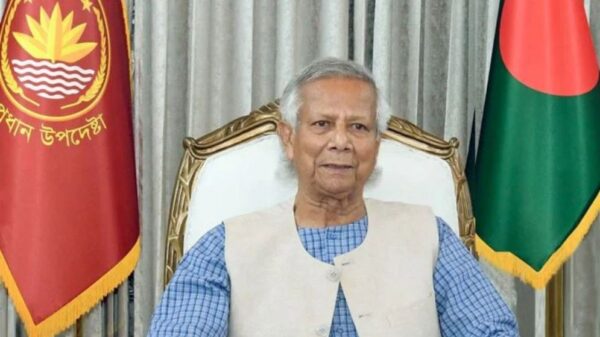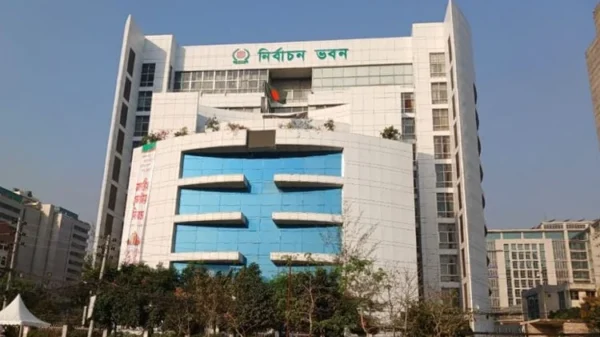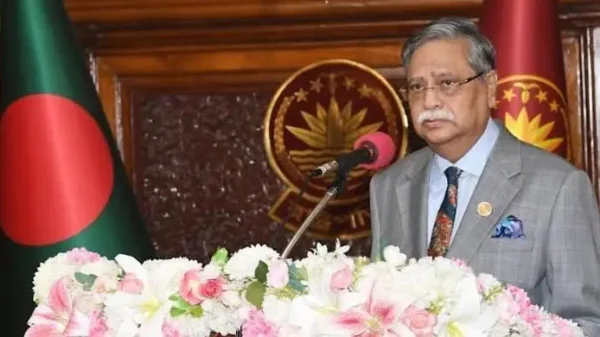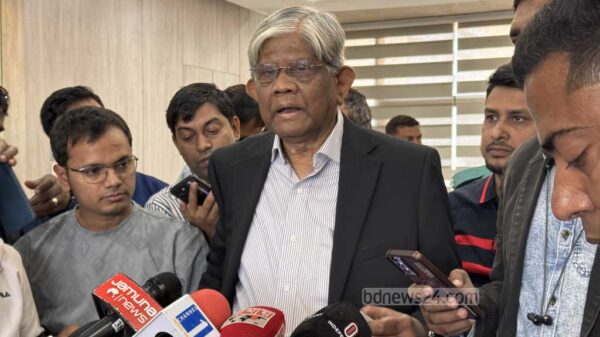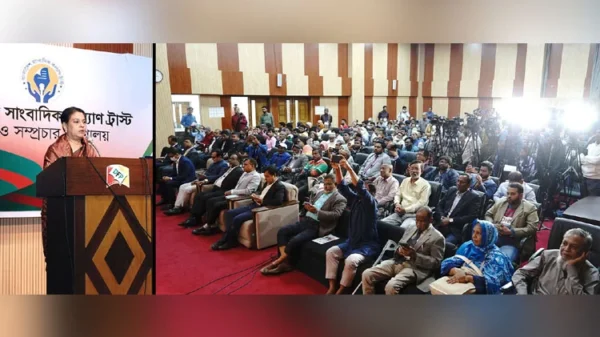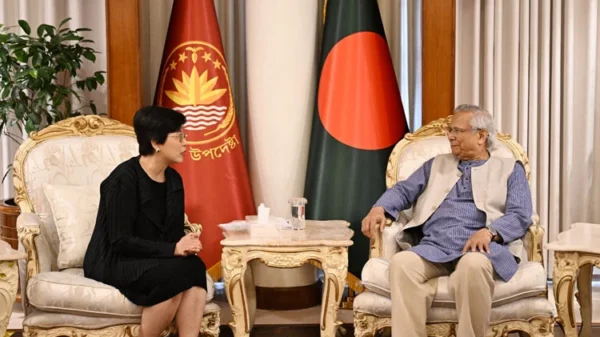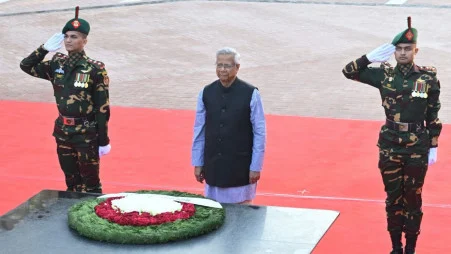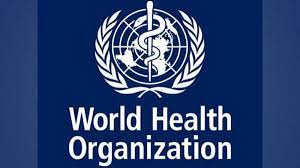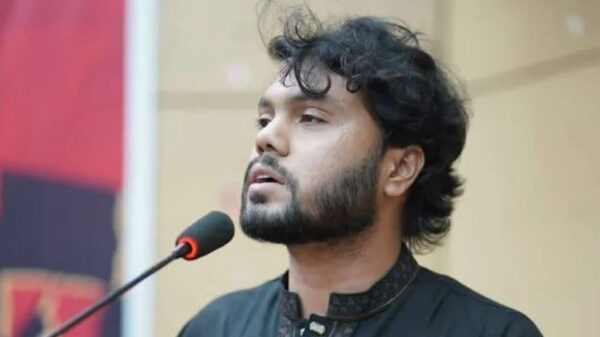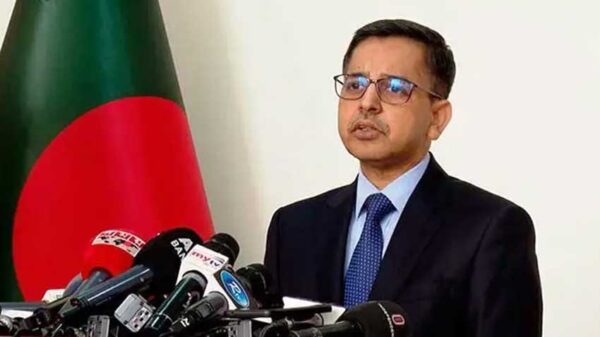Staff Reporter:
The World Health Organization (WHO) on Tuesday called on countries in WHO South-East Asia region to prioritize transition from long-stay institutional mental health services to community-based care, to ensure these services are accessible, equitable, and stigma-free.
“Transitioning from long-stay tertiary psychiatric institutions to community-based care is beneficial for both individuals and society at large,” said Saima Wazed, Regional Director WHO South-East Asia.
“When these services are integrated into the fabric of our communities, it becomes easier for individuals to seek help without the fear of judgment or discrimination, “she said.
“This shift also allows for greater personal autonomy, improved quality of life, and personalized care options. The community-based settings provide individuals opportunities to regain a sense of independ-ence and engage in social and vocational activities, which can significantly improve their overall well-being,” said Saima in her virtual address to the regional meeting on ‘transitioning from long-stay ser-vices to community mental health networks: towards deinstitutionalization in WHO South-East Asia Re-gion’.
An estimated 13.7% of the populations of the Region suffers from mental health conditions.
The treatment gap for mental health conditions remains high – as high as 95%. More than 200 000 peo-ple die of suicide every year.
People with severe mental disorders die 10 to 20 years earlier than others. However, investment in men-tal health remains very low across the Region.
The Regional Director released a report on ‘Deinstitutionalization of people with mental health condi-tions in WHO South-East Asia Region’, which while acknowledging the complexities and unique con-texts of each country, offers recommendations that can be adapted to local realities.
“This report can serve as a catalyst for change, igniting a process that results in every person leading a life of dignity, purpose, and fulfilment,” said Saima, who champions the cause of mental health and has set it as one of her top priorities as Regional Director.
Long-stay mental health institutions, including psychiatric hospitals and asylums, are often characterized by the absence of effective treatment, segregation, poor living conditions, lack of resources, and over-crowding.
The transition from institutional care to community-based care is driven by a growing understanding of the negative impact of long-term institutionalization, advances in treatments, and recognition of the hu-man rights and dignity of individuals with mental disorders.
“Historically mental health care has been synonymous with institutionalization. Large asylums were built with the intention of providing a place of refuge for those grappling with mental illnesses. However, as our understanding of mental health has evolved, so too must our methods of care,” the Regional Director said.
Comprehensive training programs for mental health professionals, law enforcement, educators, and community members are essential to ensure that individuals with mental disorders are treated with re-spect and understanding, for their full inclusion and participation into communities, according to WHO.
The process of deinstitutionalizing is a complex undertaking that requires careful consideration of cultur-al, social, economic and policy factors.
The three-day regional meeting being held in Bangkok, Thailand, will deliberate on issues and challenges and the way forward for deinstitutionalization for improved mental health outcomes, enhanced social integration and human rights.



